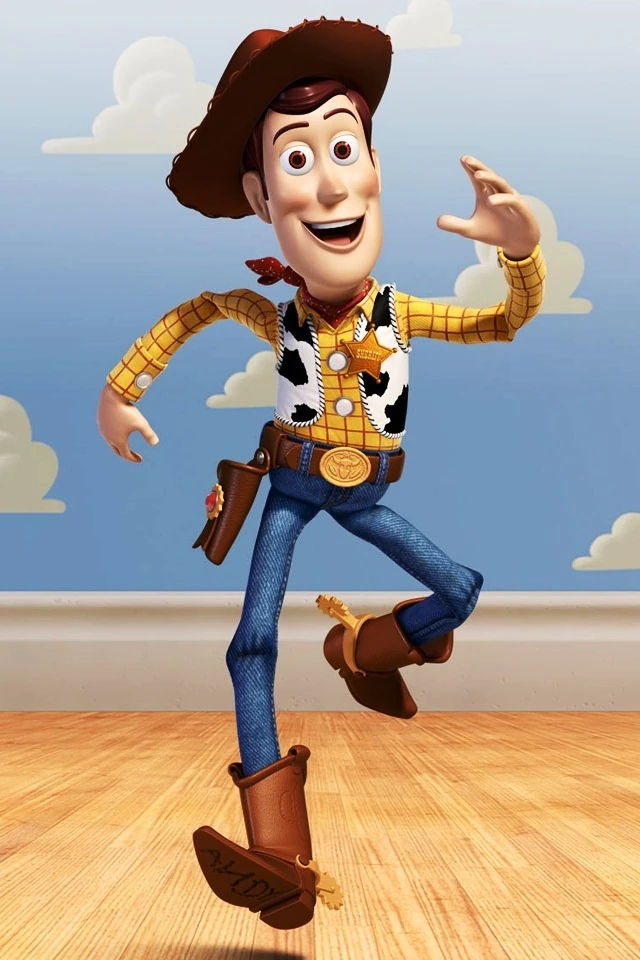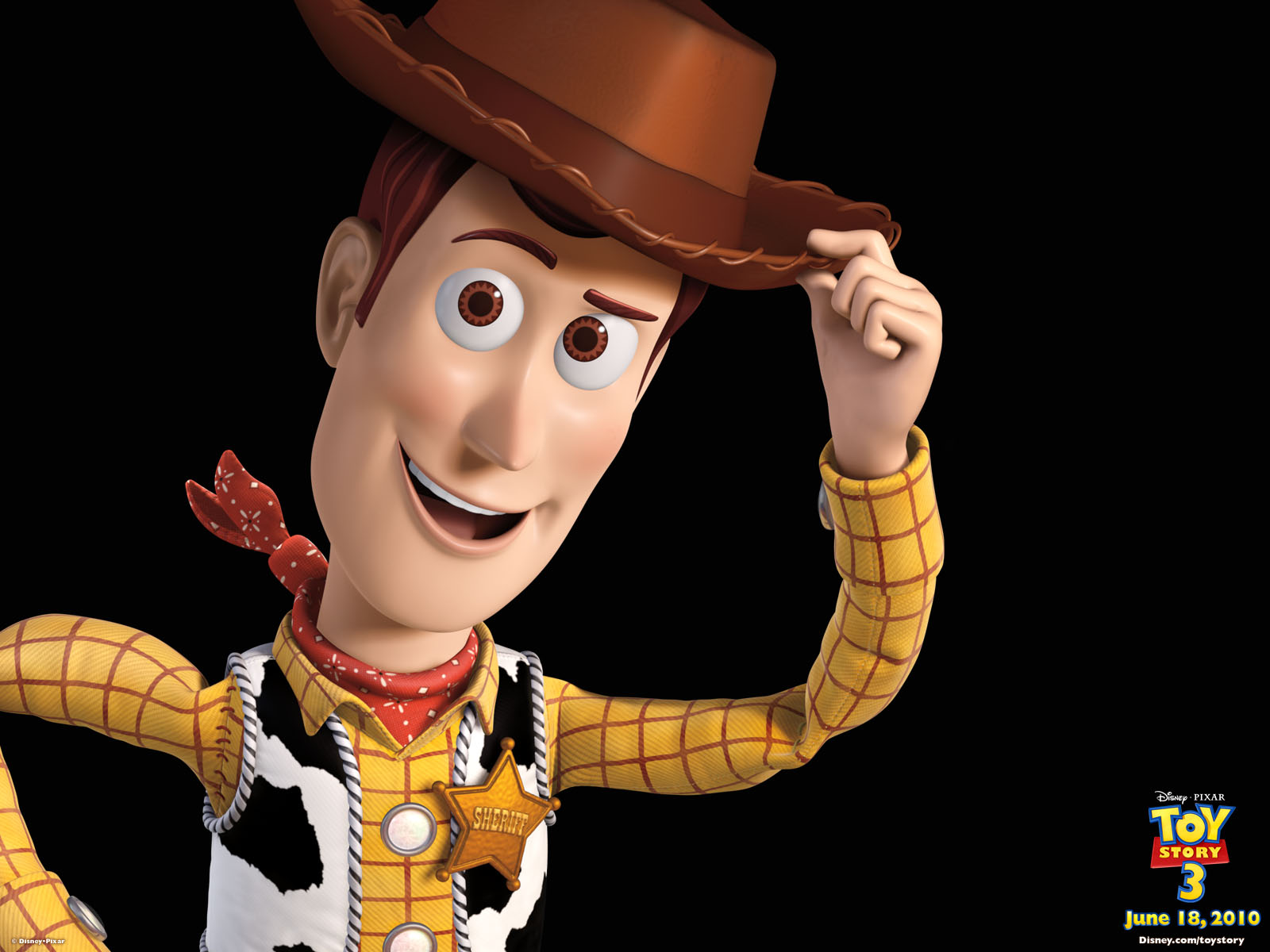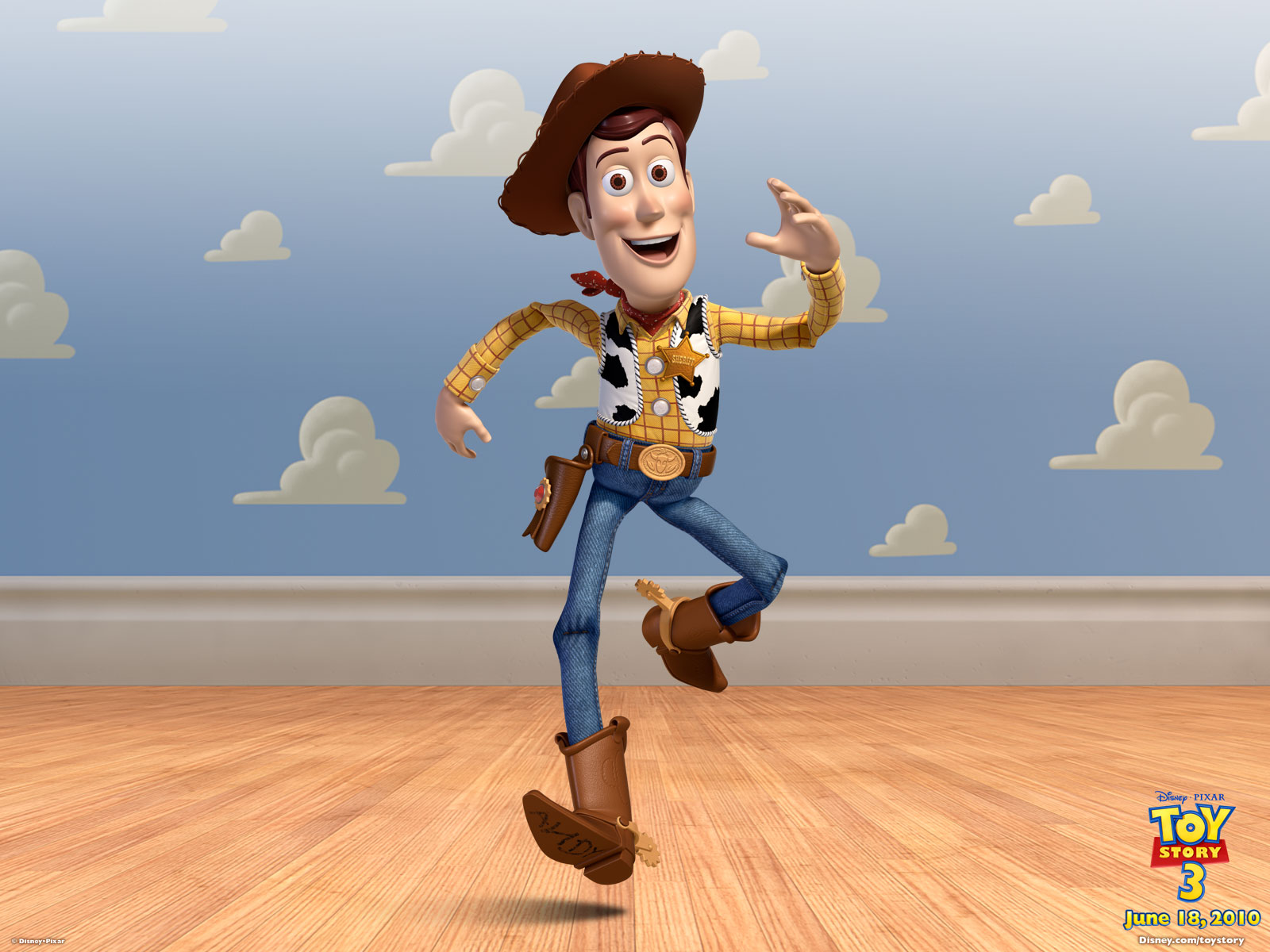Woody Harrelson Farming Documentary: A Deep Look At Sustainable Living
Have you ever wondered about the food on your plate, where it comes from, or how it affects our world? It’s a question that, in a way, touches all of us. People are, you know, increasingly curious about sustainable living and how our choices impact the planet. That's why a film like the woody harrelson farming documentary really grabs attention. It brings a very important conversation right into our homes, making us think a bit more about what we eat and how it's grown.
This particular film, featuring the well-known actor Woody Harrelson, shines a bright light on farming practices that are kind to the earth. It's not just about growing crops; it's about a whole way of thinking that could help heal our planet, so it's quite a big deal. The documentary looks at how we can grow food without harming the soil or using harsh chemicals, which is a concern for many people, naturally.
It seems, too, that more and more folks are looking for ways to support practices that are good for nature. This documentary, in a sense, offers a hopeful glimpse into a future where food production and environmental health go hand-in-hand. It shows, very clearly, that there are other ways to do things, ways that benefit everyone, and it’s a message that really resonates with a lot of people these days.
- Ryan Reynolds Nature Documentary
- Mark Ruffalo Hulk
- Woody Harrelson Age
- Ryan Gosling Kid Dancing
- Willem Dafoe Heist Movie
Table of Contents
- About Woody Harrelson and His Passion
- The Heart of the Documentary: Sustainable Agriculture
- Key Themes Explored in the Film
- The Impact and Message of the Woody Harrelson Farming Documentary
- How to Watch and Get Involved
- Frequently Asked Questions About the Documentary
About Woody Harrelson and His Passion
It's interesting, you know, when a well-known person like Woody Harrelson lends their voice to an important cause. While "My text" provided some details about a beloved character named Woody, the protagonist of the Disney • Pixar Toy Story franchise, who is a dependable leader and a cowboy doll, this article is about the actor Woody Harrelson. He is, very much, an advocate for environmental issues and a proponent of living in a way that respects nature. His involvement in a farming documentary isn't just a casual thing; it actually comes from a deep-seated belief in a healthier way of life, which is pretty inspiring, to be honest.
For many years, he’s been, like, a vocal supporter of organic practices and has often spoken about the need for a more sustainable approach to food. He walks the talk, too, often choosing a lifestyle that reflects these values. This isn't just a recent thing for him; it's something he’s been passionate about for a long time, so his participation in this film feels very natural and authentic.
His interest in farming, particularly in methods that regenerate the earth, stems from a desire to see a better future for everyone. He seems to understand, very well, that how we grow our food directly impacts our health and the health of the planet. So, when he gets involved with a project like a woody harrelson farming documentary, it’s a powerful statement, reaching a lot of people who might not otherwise think about these topics, which is a good thing, definitely.
- Robert Downey Jr Ceasefire
- Edward Norton Bald
- Morgan Freeman Meme Generator
- Patrick Stewart Ian Mckellen Waiting For Godot
- Leonardo Dicaprio Age In Titanic
The Heart of the Documentary: Sustainable Agriculture
The core of the woody harrelson farming documentary really centers on the idea of sustainable agriculture. This isn't just a trendy phrase; it’s a whole set of practices aimed at growing food in a way that can be maintained indefinitely, without harming the environment or future generations. It’s about balance, you know, finding that sweet spot where we can feed people without depleting our natural resources, which is quite a challenge, actually.
What is Sustainable Farming, Really?
So, what does sustainable farming actually mean? Basically, it involves methods that protect the environment, public health, human communities, and animal welfare. It's a bit of a holistic approach, looking at the whole picture rather than just focusing on yield. This can include things like reducing reliance on synthetic pesticides and fertilizers, using less water, and promoting biodiversity on farms, which is, in some respects, a return to older, wiser ways of farming, just with modern knowledge.
It’s about working with nature, not against it. For instance, instead of monocropping, which is growing just one type of plant, sustainable farms often use crop rotation or intercropping. This helps keep the soil healthy and reduces the need for chemicals. It’s, you know, a different mindset, one that values long-term health over short-term gains, which is pretty important, I think.
Another key aspect is minimizing waste and maximizing efficiency. This might involve composting, using renewable energy, or even creating closed-loop systems where waste from one part of the farm becomes a resource for another. It's, like, thinking smarter about how we use what we have, so we don't run out, which is a pretty practical idea, really.
Why It Matters for Our Planet
The urgency behind this movement, and why a woody harrelson farming documentary is so timely, comes from the very real problems caused by conventional farming. Things like soil erosion, water pollution from chemical runoff, and a loss of biodiversity are serious issues. These problems, you know, don't just affect farmers; they impact all of us, from the air we breathe to the water we drink, which is a big concern for many, naturally.
Sustainable farming offers a path to reverse some of this damage. By building up soil health, for instance, we can actually pull carbon from the atmosphere, helping to fight climate change. It’s, in a way, like turning farms into carbon sinks, which is a pretty amazing concept, if you think about it. It also protects water sources and provides habitats for beneficial insects and wildlife, making the whole ecosystem healthier, which is something we all benefit from, obviously.
Moreover, it's about food security. When farming practices deplete the land, it becomes harder and harder to grow enough food for everyone. Sustainable methods, however, build resilience into our food systems, making them more robust in the face of environmental changes. It's, you know, a way of ensuring that we can continue to feed ourselves for generations to come, which is, at the end of the day, a fundamental need.
Key Themes Explored in the Film
The woody harrelson farming documentary doesn't just talk about sustainable agriculture in general terms; it really dives into some specific, very important themes. These are the elements that make sustainable farming work and, honestly, make a huge difference to the environment. It's not just about the big picture; it's about the details, too, which is what makes it so compelling, you know.
Soil Health: The Unsung Hero
One of the biggest takeaways from films like this is often the incredible importance of soil. It's, like, the foundation of everything we grow, yet it’s often overlooked. The documentary likely highlights how healthy soil is teeming with life, full of microorganisms that help plants grow strong and resilient. When soil is healthy, it can hold more water, prevent erosion, and even store carbon, which is pretty amazing, if you ask me.
Conventional farming practices, with their heavy use of chemicals and tilling, can really damage this delicate ecosystem in the soil. The film probably shows how regenerative practices, like no-till farming or cover cropping, help bring the soil back to life. It's, you know, about nurturing the ground beneath our feet, which is something we often forget to do, but it's vital, really.
Think of it this way: healthy soil means healthier plants, which means healthier food for us. It’s a direct connection, and the documentary probably makes that very clear. It's, basically, the unsung hero of the food system, and giving it the attention it deserves is a really important step towards a more sustainable future, which is something we should all consider, honestly.
Water Conservation: A Vital Element
Water is, obviously, a precious resource, and how we use it in farming is a huge topic. The documentary likely explores innovative ways farmers are saving water, especially in areas where it's scarce. This could involve drip irrigation systems, which deliver water directly to the plant roots, or choosing drought-resistant crops. It’s about being smart with every drop, you know, because water isn't infinite, which is a pretty stark reality.
Another aspect is how healthy soil helps with water retention. Soil that's rich in organic matter acts like a sponge, soaking up rainfall and releasing it slowly to plants. This reduces runoff and means less need for irrigation. It’s, like, a natural way to manage water, which is pretty clever, if you ask me. The film probably shows how these practices can make a big difference, especially in drier climates, which is, you know, a growing concern globally.
The message here is that water isn't just something we use; it's something we need to protect. The film likely showcases farmers who are leading the way in efficient water use, proving that it's possible to grow abundant food with less water. It's, basically, about being responsible stewards of our resources, which is something we all need to be, at the end of the day.
Biodiversity and Ecosystem Balance
Biodiversity, or the variety of life, is another crucial theme. The woody harrelson farming documentary probably highlights how diverse ecosystems on and around farms are much more resilient. This means having a mix of different crops, encouraging beneficial insects, and providing habitats for wildlife. It's, like, creating a mini-ecosystem where everything works together, which is pretty cool, honestly.
When you have a monoculture, where only one crop is grown, it's very vulnerable to pests and diseases. This often leads to a heavy reliance on pesticides. But with biodiversity, natural predators can keep pests in check, reducing the need for chemicals. It’s, in a way, a natural pest control system, which is much better for the environment and for our food, too, it's almost a given.
The film probably shows how farmers are bringing back hedgerows, planting wildflowers, and creating ponds to attract a wider range of species. This not only makes the farm healthier but also contributes to the overall health of the surrounding environment. It’s, you know, about recognizing that we're all part of a larger web of life, and that every creature, big or small, plays a role, which is a pretty profound idea, really.
Community and Local Food Systems
Beyond the environmental aspects, the documentary likely touches on the human element: community. Sustainable farming often goes hand-in-hand with local food systems, where food is grown and consumed close to home. This strengthens local economies, creates jobs, and builds a stronger connection between consumers and their food. It’s, like, bringing people closer to where their food comes from, which is pretty neat, if you ask me.
The film might feature farmers' markets, community-supported agriculture (CSA) programs, or other initiatives that foster these local connections. When you buy from a local farmer, you're not just getting fresh food; you're supporting a neighbor and helping to build a more resilient food system in your own area. It's, you know, a very direct way to make a positive impact, which is something many people are looking for, naturally.
This emphasis on community also means fairer wages for farmers and a more transparent food chain. Consumers can often visit these farms, see how their food is grown, and ask questions directly. It’s, basically, about trust and connection, which are things that seem to be missing in our modern food system, so it’s a welcome change, very much so.
The Impact and Message of the Woody Harrelson Farming Documentary
The real power of a film like the woody harrelson farming documentary lies in its ability to spark conversations and inspire action. It's not just about showing problems; it's about presenting solutions and, you know, showing that a different path is possible. For many viewers, it might be the first time they truly grasp the connection between their food choices and the health of the planet, which is a pretty big realization for some.
Woody Harrelson's presence, very much, helps draw a wider audience, people who might not typically watch a film about agriculture. His relatable style and genuine passion make the complex topic of sustainable farming much more accessible. It’s, like, having a friendly guide show you around a new and important world, which is really effective, honestly.
The message is clear: we can do better. We can grow food in a way that nourishes us, revitalizes the earth, and supports communities. It’s a message of hope, really, showing that while the challenges are big, the solutions are within our reach. The film, in a way, empowers viewers to think about their own choices, from what they buy at the grocery store to how they support local farmers, which is a pretty powerful thing, if you think about it.
It also, you know, encourages a broader shift in perspective, moving away from a mindset of extraction to one of regeneration. This isn't just about farming; it's a philosophy that can apply to many aspects of our lives. The documentary serves as a powerful reminder that our actions have consequences, but also that we have the power to choose a better way, which is something we all need to remember, at the end of the day.
How to Watch and Get Involved
If you're interested in watching the woody harrelson farming documentary, a quick search on streaming platforms or through environmental film festivals might help you find it. These kinds of films often become available on various services over time, so it's worth checking where it's currently streaming. You could also look for community screenings, which are, you know, a great way to watch with others and discuss the ideas presented, which is pretty cool.
Beyond watching the film, there are many ways to get involved and support sustainable agriculture. One simple step is to choose organic or locally grown produce when you can. Look for farmers' markets in your area or consider joining a CSA program. This directly supports farmers who are using earth-friendly practices, which is a very tangible way to make a difference, honestly.
You can also learn more about regenerative agriculture and share what you discover with friends and family. Education is, basically, a powerful tool for change. Websites like the Regeneration International often have resources and information about these practices. Every little bit helps, you know, in building a more sustainable food system for everyone, which is something we all want, naturally.
Frequently Asked Questions About the Documentary
People often have questions after hearing about a film like this. Here are a few common ones that come up, very much so:
What is the main message of the woody harrelson farming documentary?
The primary message, really, is that we can grow food in a way that heals the planet, rather than harming it. It promotes the idea of sustainable and regenerative agriculture as a solution to many environmental challenges. It's, like, a call to action for a healthier food system, which is pretty important, honestly.
Where can I watch the woody harrelson farming documentary?
Availability can vary, but these types of films often appear on major streaming platforms, sometimes on educational channels, or through specific environmental film distribution services. Checking popular streaming guides or the film's official website is usually the best way to find out where it's currently available, so it's worth a look, definitely.
How does woody harrelson connect to farming?
Woody Harrelson has been, for a long time, a passionate advocate for environmentalism and sustainable living. His connection to farming stems from his personal commitment to organic practices and his belief in the importance of a healthy food system. He lends his voice and presence to these documentaries to raise awareness and encourage more people to consider these vital issues, which is a pretty powerful thing, if you think about it.
- Robert Downey Jr Haircut
- Morgan Freeman Lego Movie
- Keanu Reeves Early Movies
- Bradley Cooper Age
- Brad Pitt In Fury

Woody | Wiki Toy Story | FANDOM powered by Wikia

Woody | Pixar Wiki | FANDOM powered by Wikia

Woody from Toy Story Desktop Wallpaper